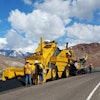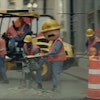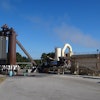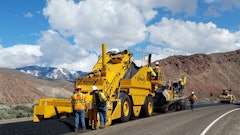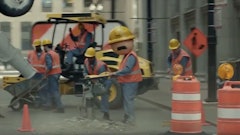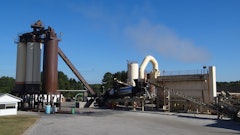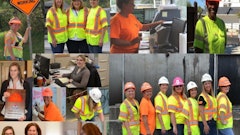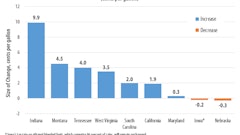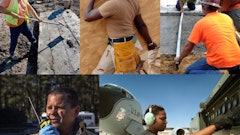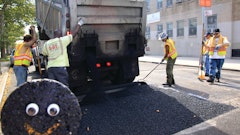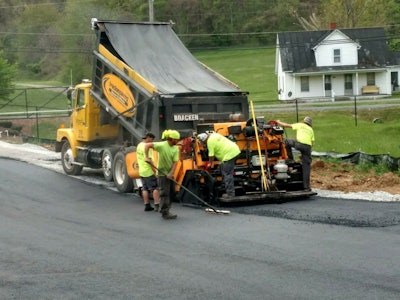
If you ask us, construction workers are physical specimens. They work day in and day out in some of the most demanding and harsh conditions out there. But how is it, that even as the work force ages, workers remain physically fit to handle the strain of the job?
A new study, conducted by the University of Waterloo in Ontario, found that construction workers actually have a ‘physical wisdom’ that allows them to work effectively, even in their old age.
Researchers fitted construction workers with motion sensors and used artificial intelligence (AI) techniques to assess the impact of physical work on their bodies.
They found that skilled bricklayers used previously unidentified techniques to limit loads on their joints and master masons did not follow standard ergonomic rules taught to novices. Instead, they had developed their own ways of working quickly and safely, for example ‘swinging’ blocks more often than lifting them and bending their backs less.
Carl Haas, a professor of civil and environmental engineering at the University of Waterloo, who led the research with colleague Eihab Abdel-Rahman, told the RIBA Journal: “It’s fascinating that for about 100 years we have been studying how masons do their work and how to make work more efficient and safe, but only now do we have the tools to dive in and figure out how some can keep working safely and productively when they are 65. It’s as if skilled trades learn or acquire a kind of physical wisdom that they can’t even articulate.”
Researchers first analyzed the performance of bricklayers of various levels of experience wearing sensor suits while building a wall of concrete blocks. The data showed that expert workers put less stress on their bodies, but were able to do much more work.
A follow up study was carried out to determine how master masons manage to work so efficiently. Sensors were used to record their movements and AI programs identified common patterns for body positions.
“I believe the techniques are learned, or discovered by workers over time,” Haas says. “It’s very different from the classic taught ergonomic techniques which are safe if you try to follow them, but make you slow and unproductive if you want to work dynamically. This is like a highly developed skill, akin to those of professional sports players.”
It is hoped that insights gleaned here can be passed on to apprentices in training programs to help reduce wear-and-tear injuries and boost productivity.
Alongside staying fit, other research has also found that tradespeople are the healthiest workers too, even in comparison to fitness professionals! Take a look at the full study here.
Even though it's the off-season, this is even more reason to stay strong for the work ahead. What's your off-season fitness regime? Let me know at [email protected]

